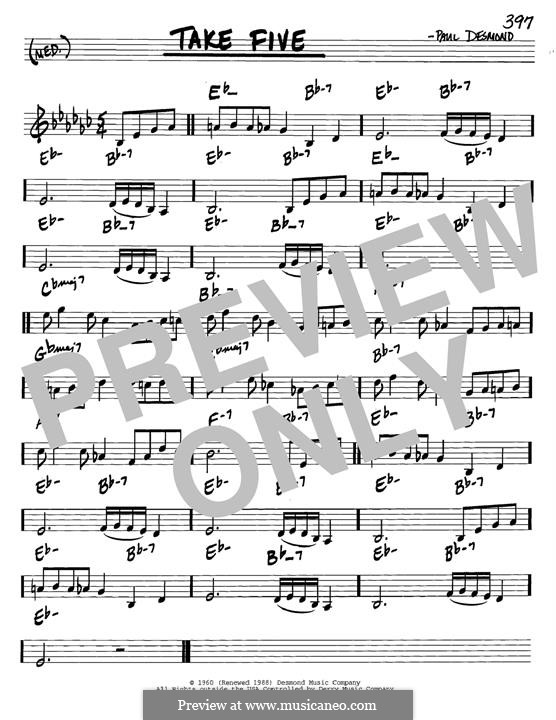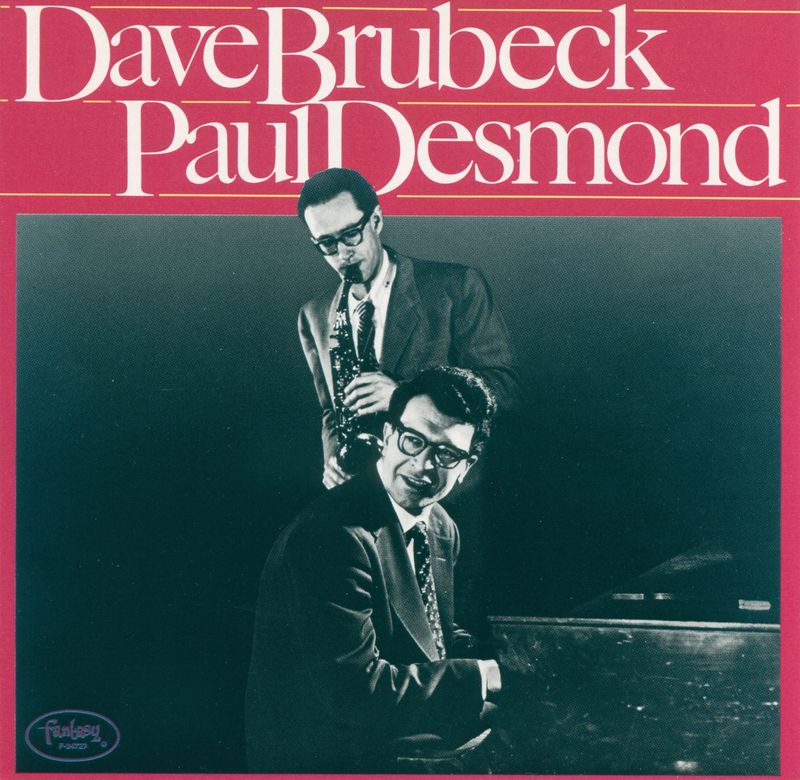


He also joined the experimental Dave Brubeck Octet, mostly a rehearsal group. He entered San Francisco State College, aspiring to be a writer. Nevertheless, Desmond became disabused of the idea of being the leader. I have a memory of several nights that seemed fantastic, and I don’t feel that way too often.” “A lot of the things we did later with the quartet began there…. Soon Desmond hired leader Cutler’s pianist and bassist Norman Bates away from him, becoming the leader of his own group, playing near Stanford.

He made Cecil Taylor sound like Lester Lanin.” If you think Dave plays far out now, you should have heard him then. A lot of the things we’ve done since, we did then immediately-a lot of the counterpoint things, and it really impressed me. As Desmond recalled: “I went down and sat in, and the musical rapport was very evident and kind of scary. The two did not meet again until after they were discharge from service when Brubeck was playing in saxophonist Darryl Cutler’s trio at San Francisco’s Geary Cellar. Desmond’s reaction to this first meeting has been reported using various “Desmondisms,” the altoist’s clever, off-beat observations.Īt the very least, Desmond was impressed by the pianist’s far-out approach. Stationed in San Francisco, he met tenorman/arranger Dave Van Kreidt, who in turn introduced Desmond to Brubeck for just a short session in their band room. Somewhere in Washington our file must be on the floor under a desk somewhere.” We expected to get shipped out every month, but it never happened. As he told pianist/radio host/writer Marion McPartland, “It was a great way to spend the war.

After some casual gigging on clarinet, Desmond took up the alto in 1943, the same year he entered the Army and was assigned to the 253rd AGF band. I didn’t realize until about fifteen years later that you could make a living doing this.”Īfter returning to San Francisco in 1936, Desmond later began playing the clarinet at Polytechnic High School, where he edited the school newspaper as well as playing in the band. It was the first thing I’d enjoyed doing. I figured if I just went out and made up something as I went along, it couldn’t be any worse. He liked to tell of his grammar school experience there in which he played his first improvised solo (on vibes or chimes): “I was supposed to play one of those grisly semiclassical things…. When Paul’s Irish mother became ill in about 1929 he moved to New Rochelle, New York, to live with relatives. Into the 1960s, he was still doing arrangements for bands.
#PAUL DESMOND DAVE BRUBECK TAKE FIVE MOVIE#
His German father was an accomplished organist, playing in movie theaters and as a vaudeville accompanist. The quartet’s bassists and drummers changed, but the vital, unique interplay between the altoist Desmond and the leader-pianist Brubeck were the constant key elements that drove the success of the group.ĭesmond always claimed that he changed his name from Breitenfeld “because it sounds too Irish,” and that he picked Desmond out of the phone book. Through seventeen ground-breaking years Desmond and Brubeck were the driving force behind the most commercially successful jazz group of its day, perhaps of any era. And subscribe to our social channels for news and music updates:


 0 kommentar(er)
0 kommentar(er)
